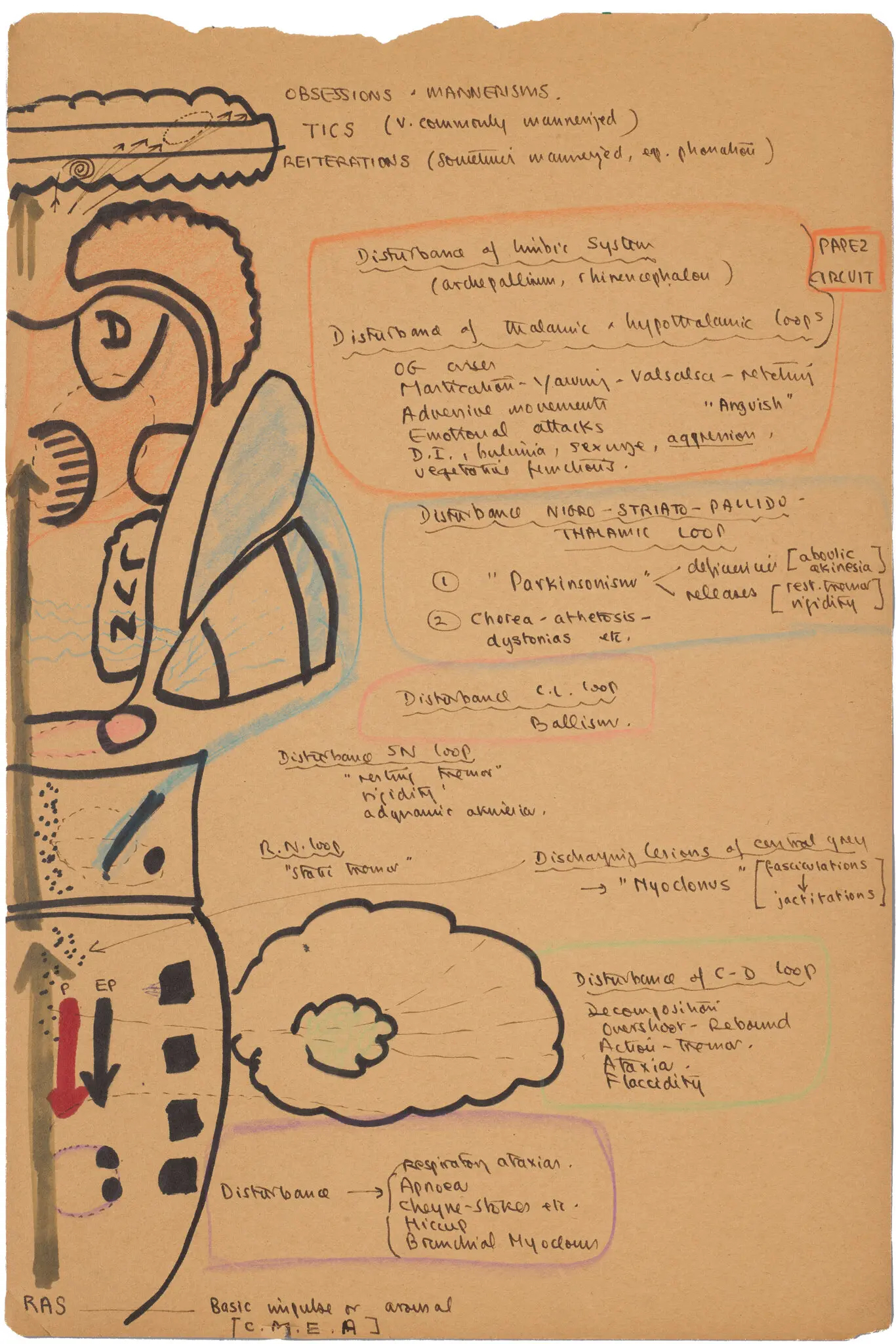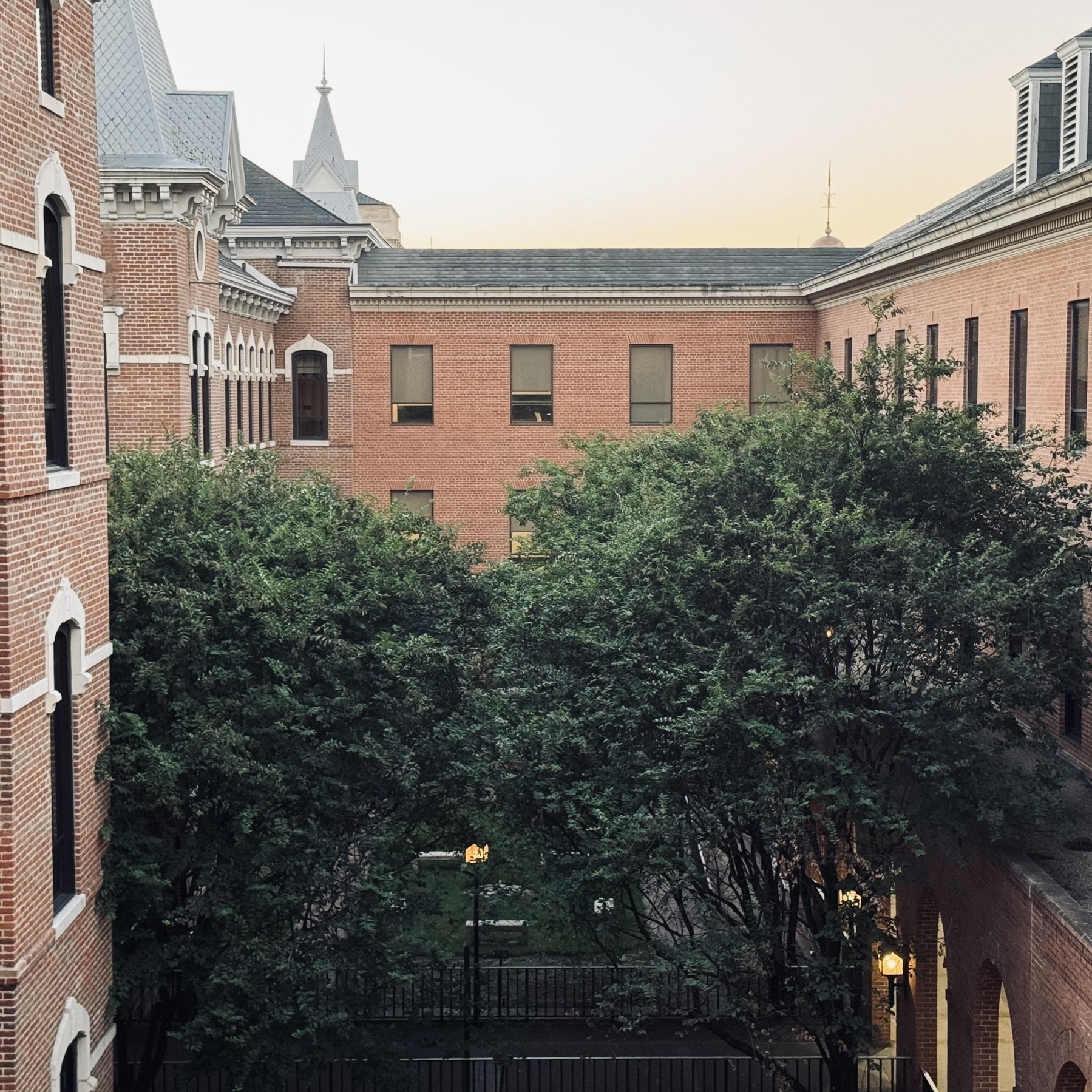I’m very excited about Ian Leslie’s forthcoming John and Paul: A Love Story in Songs, and I love the cover of the U.K. edition. (The U.S. cover is poor, though, IMO. The relationship between type and image is all wrong.)
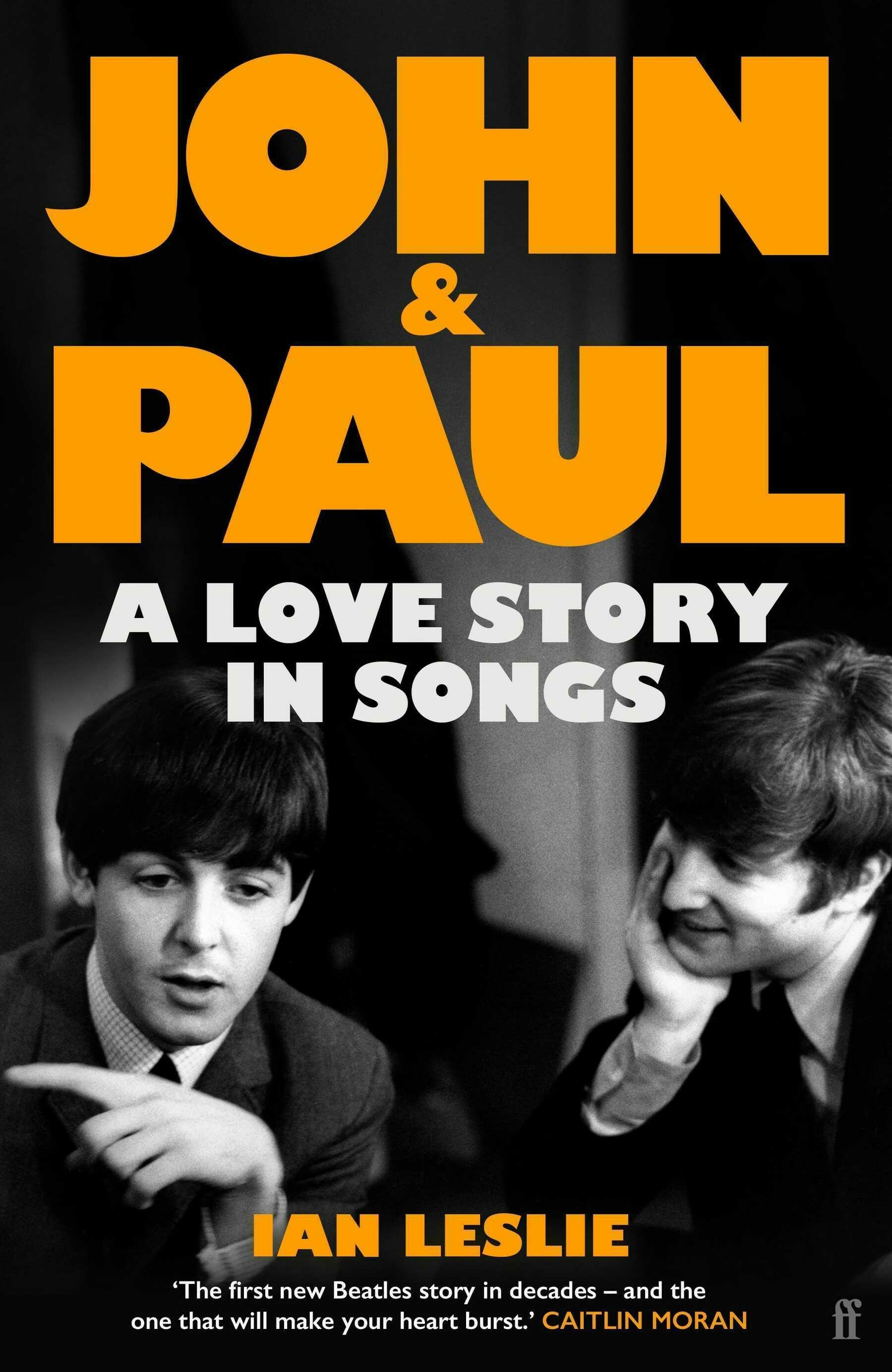
Angus meekly and gratefully received his blessing.

Maybe someday Altman’s ideas about AI will prove out, but for now, his approach is textbook Silicon Valley mythmaking. In these narratives, humankind is forever on the cusp of a technological breakthrough that will transform society for the better. The hard technical problems have basically been solved—all that’s left now are the details, which will surely be worked out through market competition and old-fashioned entrepreneurship. Spend billions now; make trillions later! This was the story of the dot-com boom in the 1990s, and of nanotechnology in the 2000s. It was the story of cryptocurrency and robotics in the 2010s. The technologies never quite work out like the Altmans of the world promise, but the stories keep regulators and regular people sidelined while the entrepreneurs, engineers, and investors build empires.
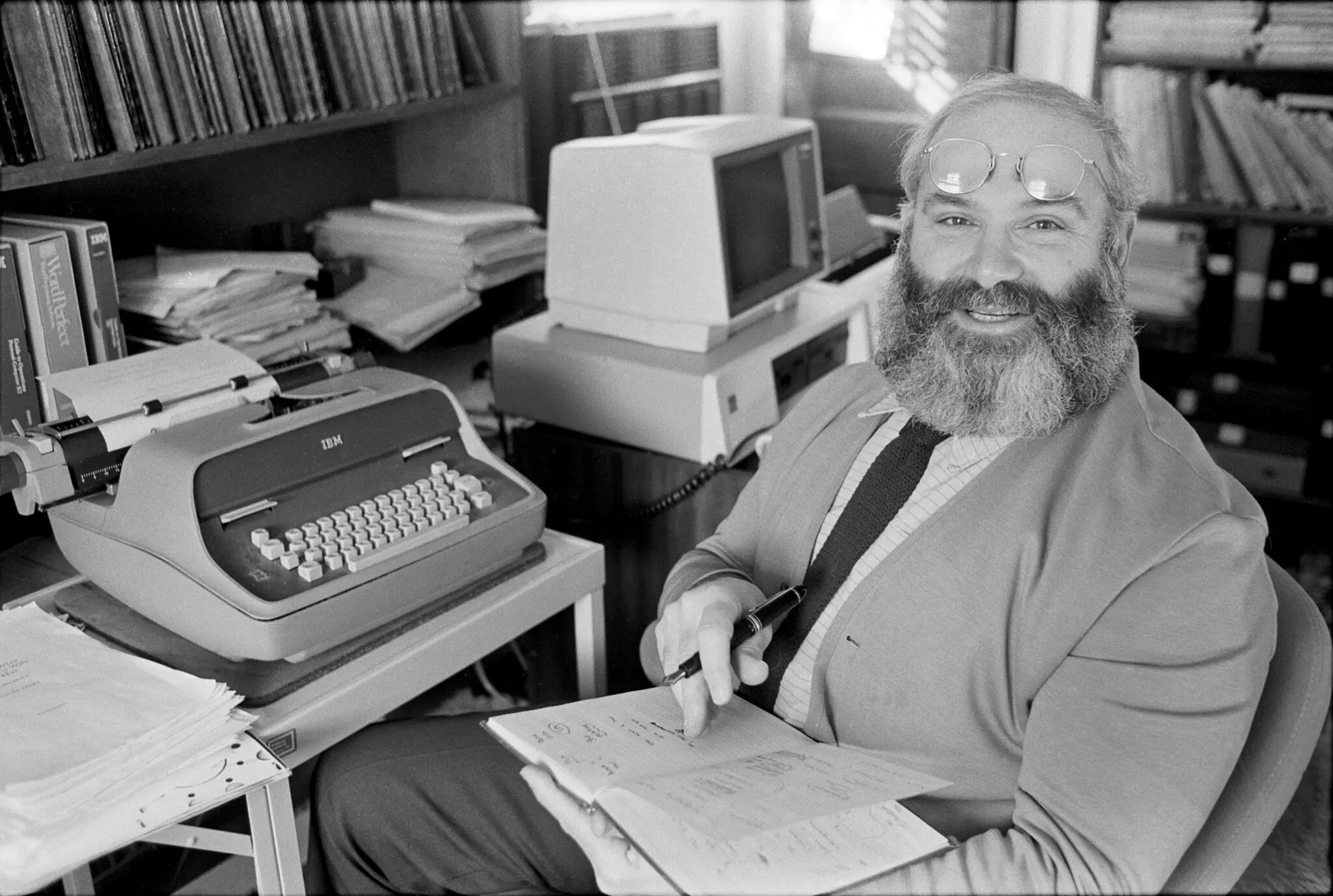
From the same story, Oliver at his desk with
- notebook
- fountain pen
- typewriter
- PC with WordPerfect installed
What more could a writer need?

Teaching The Nine Tailors to 16 first-year students and they are into it. I am rather shocked by their enthusiasm. We’re three-fourths of the way through — I wonder how they will feel about the ending. 📚
I like to visit the corner of our department where we keep office supplies, which I adore. Pencils, pens, highlighters; sticky notes in all sizes and colors; manila folders; printing paper in seven — seven — colors; four sizes of binder clips. I stand there mesmerized and imagine uses for them all.
A powerful and much-needed word from Sara Hendren, AKA @ablerism:
I think the clamor among young people to gather diagnostic names for imperfection — every imperfection, from the clinically serious and undertreated to the elaborate neologisms for capturing ordinary variability and performed eccentricity — begs for more sustained philosophical inquiry. If bodily or cognitive imperfection is not merely a mechanical glitch, what is it? How do we countenance it, make meaning alongside it, make our uneasy peace with its inevitable arrival? Young people need our patient accompaniment to ask these questions. They’ve already been abandoned once to the algorithms. I won’t abandon them again with scorn.
My friend and colleague David Corey told me that this is how he explains to his students how musical fugues work. What a cool animation.
Yeah, sure, y’all keep looking stuff up on the “internet,” I’ll just be over here with my REFERENCE BOOKS.
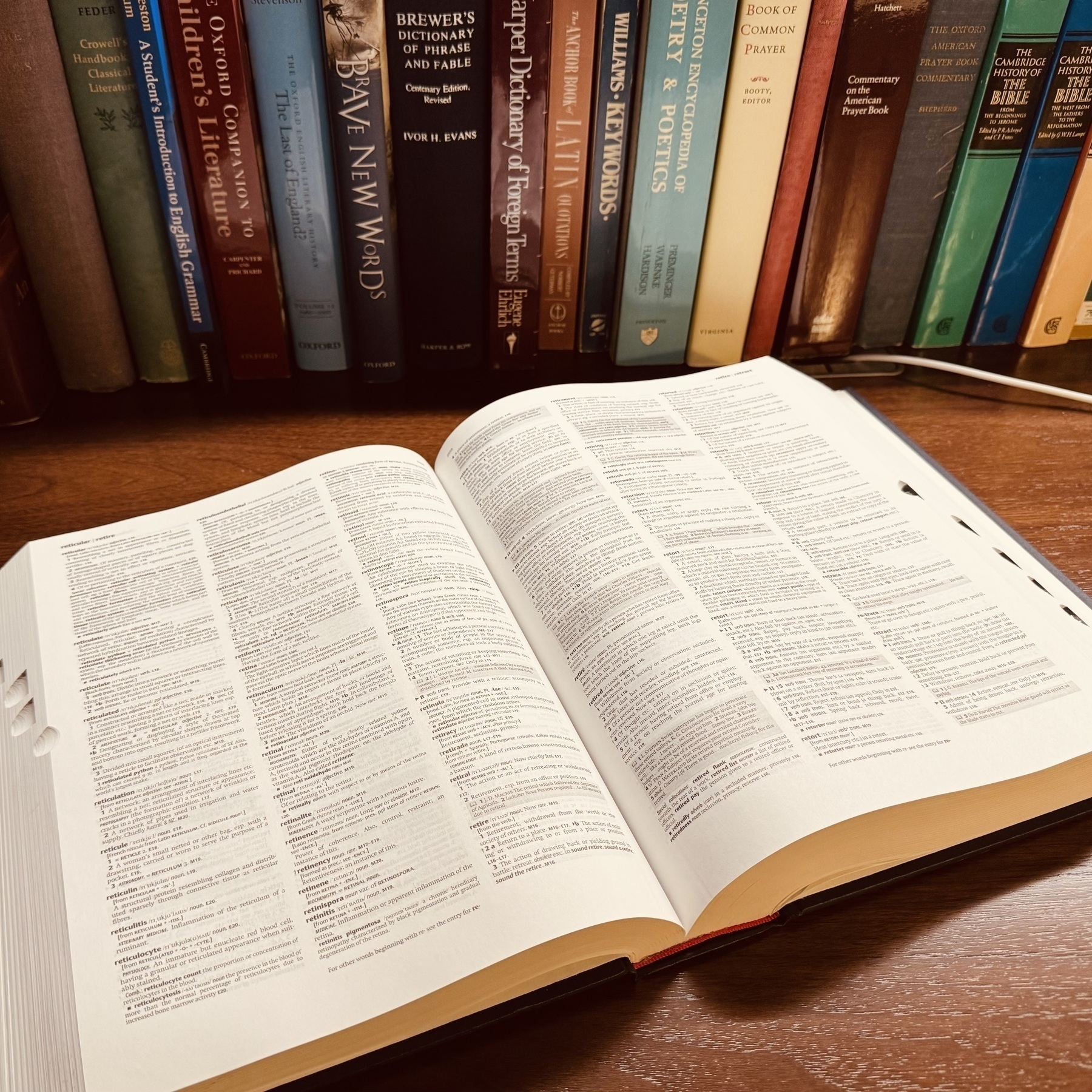
It seems, my dear friend, that the brains of the greatest men contract when they are gathered together, and that where there are more wise men, there you will also find less wisdom. The great assemblies are so preoccupied with minutiae, with formalities, and with empty orthodoxies, that essential issues are always relegated to the end.
— Montesquieu, The Persian Letters
I approve of the design and typography of this poster.

Decades ago I started porting my Desires and Preferences to my Reason, but WOW are there still a zillion bugs in the code.
